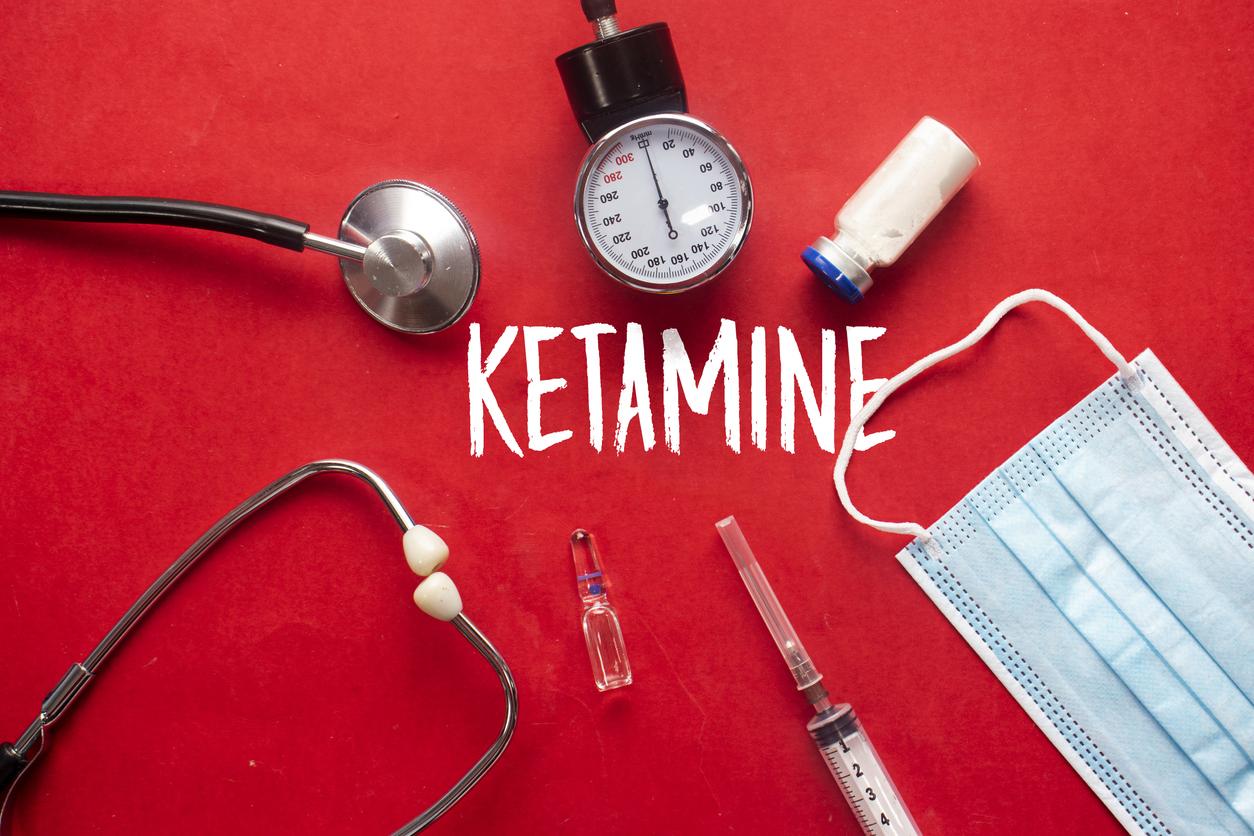With the economic crisis, consultations for depression are increasing. According to a study, general practitioners are sometimes led to prescribe drugs where psychotherapy would be more effective.

In the face of depression, general practitioners are on the front line. Two thirds of them say they are confronted every week with the psychological suffering of the population. This is the finding of a study commissioned by the Ministry of Health (DREES). 82% of the doctors questioned during this survey carried out at the end of 2011, evoke people suffering from anxiety, and 67% of depression. Suicidal tendencies are also frequent in town medicine. In the past five years, eight in ten doctors have experienced a suicide attempt and almost half a suicide. “These results underline the essential role in the detection and management of these disorders”, underlines Dr. Pierre Verger, epidemiologist and co-author of the study.
But can GPs cope? “Nine out of ten physicians consider themselves effective in the management of depression,” note the authors. They have a choice of effective treatments for depression including antidepressants and psychotherapy.
However, according to the survey, general practitioners do not always follow the recommendations in force, in particular those of the Haute Autorité de Santé. They always have too heavy a hand on drug prescriptions. During the investigation, they were presented with a fictitious case of depression, and in two-thirds of the cases, the doctors questioned offered an antidepressant, even for mild depression. “However, the effectiveness of these drugs has not been demonstrated in the treatment of mild depression,” recalls Dr. Pierre Verger.
Another result of the survey, nearly seven out of ten doctors prescribe an antidepressant with an anxiolytic or a hypnotic when the depression is severe when it is not always necessary. This drug combination is only recommended when the person shows marked restlessness or sleep disturbances …
For Patrick Jeannot, the president of the France Depression association, these results do not come as much of a surprise. “We must first underline a positive point, that patients take the step of going to a doctor, it is encouraging. Depression is still a taboo disease, worries Patrick Jeannot. People do not dare to talk about it for two reasons: fear of mental illness itself, judgment of family and professional entourage. Then, on the choice of prescription, not everything rests on the shoulders of the doctor. According to him, patients can also be a little too insistent on taking medication and too often reluctant to undergo psychotherapy.
Listen to Patrick Jeannot, president of France Dépression, ” Too many drugs .., it is also the fault of the patients. “
Why are psychotherapies prescribed less? According to the survey, the majority of doctors recognize the effectiveness of non-drug treatment for treating depression. But they point out several brakes. “The most frequently cited is the non-reimbursement of consultations with a psychologist or psychotherapist who is not a doctor”, specify the authors of the survey.
Doctors’ prejudices also limit the prescription of psychotherapy. Two-thirds of the doctors questioned state that psychotherapy is more suitable for patients with a high level of education. The organization of care is also in question. Access to specialists, such as psychiatrists, is also a problem. 79% of general practitioners consider the time taken to obtain appointments to be too long. “A situation which will worsen with the professional demography, because the big problem which looms is the retirement of psychiatrists”, estimates the president of France Depression.
“Making the care pathway for people with depression easier and better coordinated is an issue currently being debated in the regions,” says Patrick Jeannot. Most regional health agencies, such as those in the Center region or Nord-Pas-de-Calais, have prioritized strengthening prevention and improving care. “This will not be done with a wave of a magic wand, it takes time,” explains Patrick Jeannot, but for this former depressed, there is an emergency: the economic crisis has consequences on the mental health of the population. “I regularly lead discussion groups between patients, and I see that there are more and more people who are there, following harassment at work, following layoffs, bankruptcies. “And the priority before treatment is listening, empathy so that this disease does not become a double sentence.
Listen to Patrick Jeannot, ” When you have this disease, it is double the penalty. “
.

















